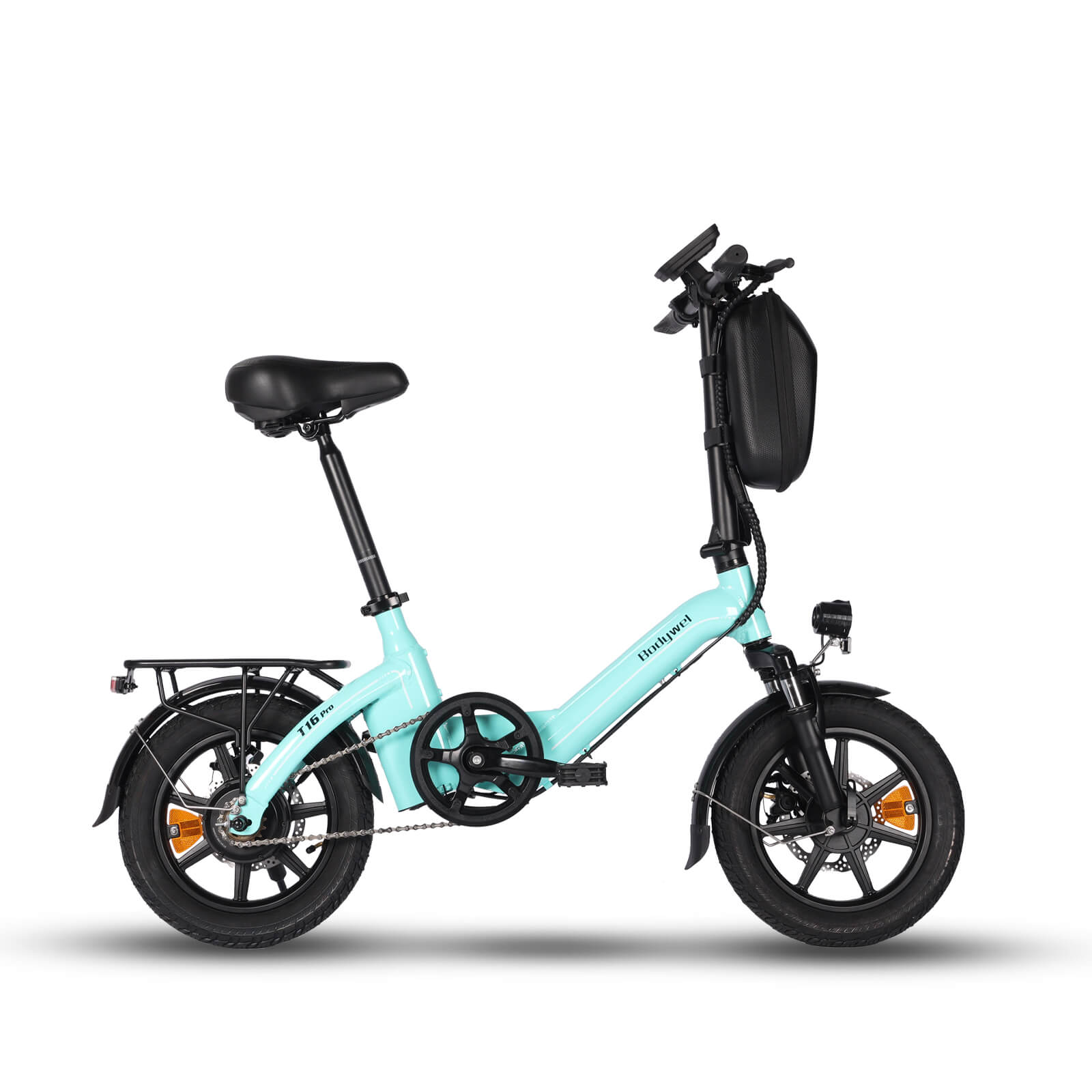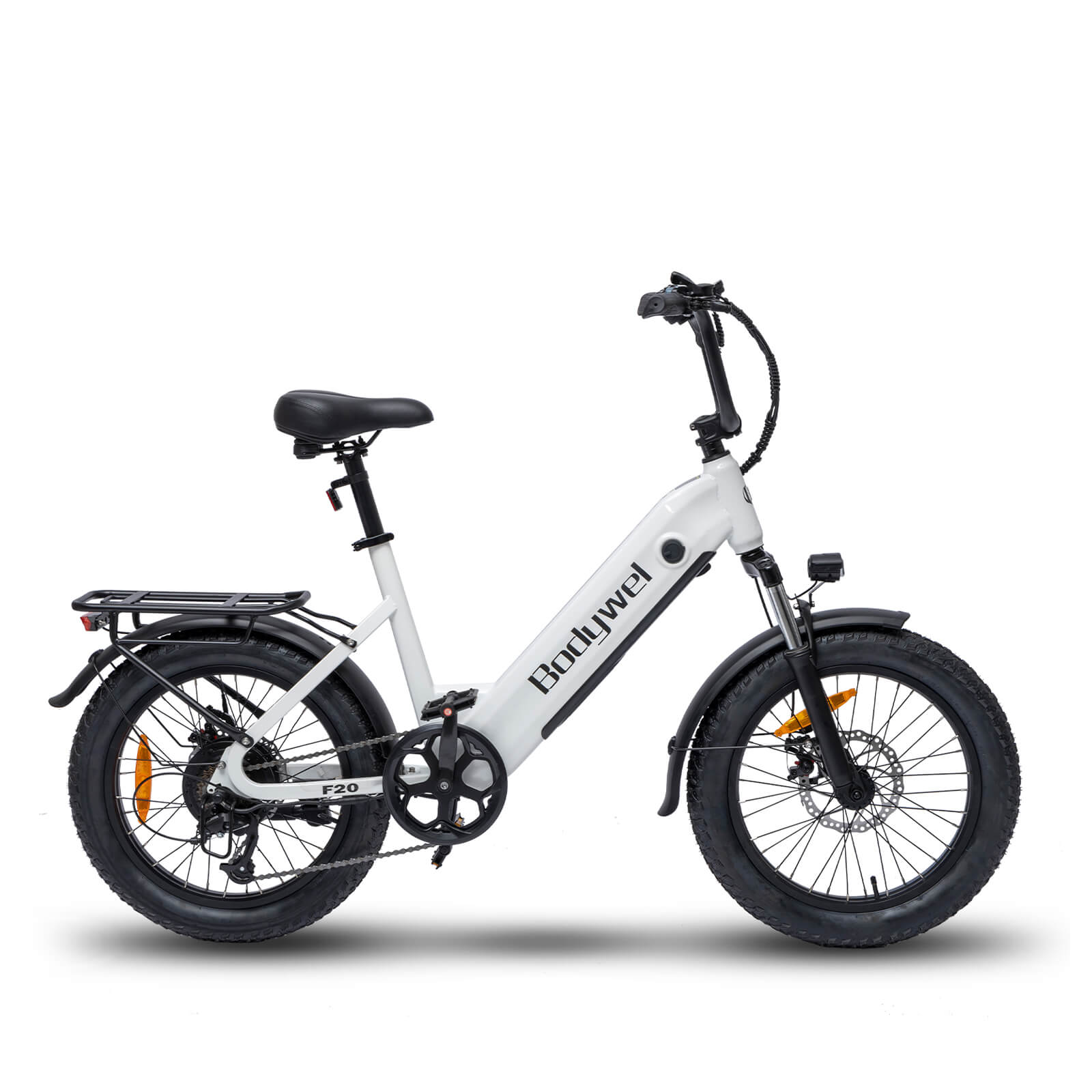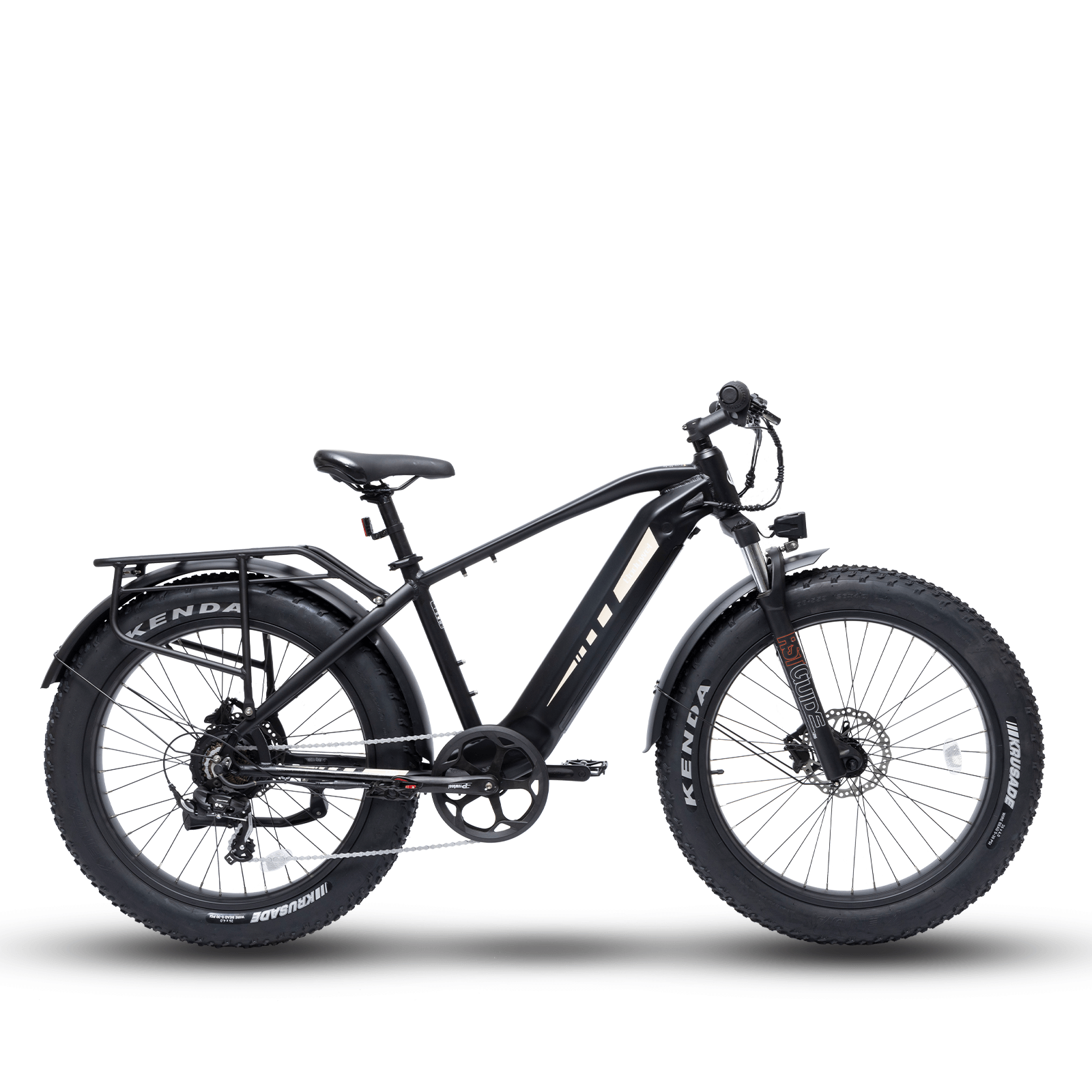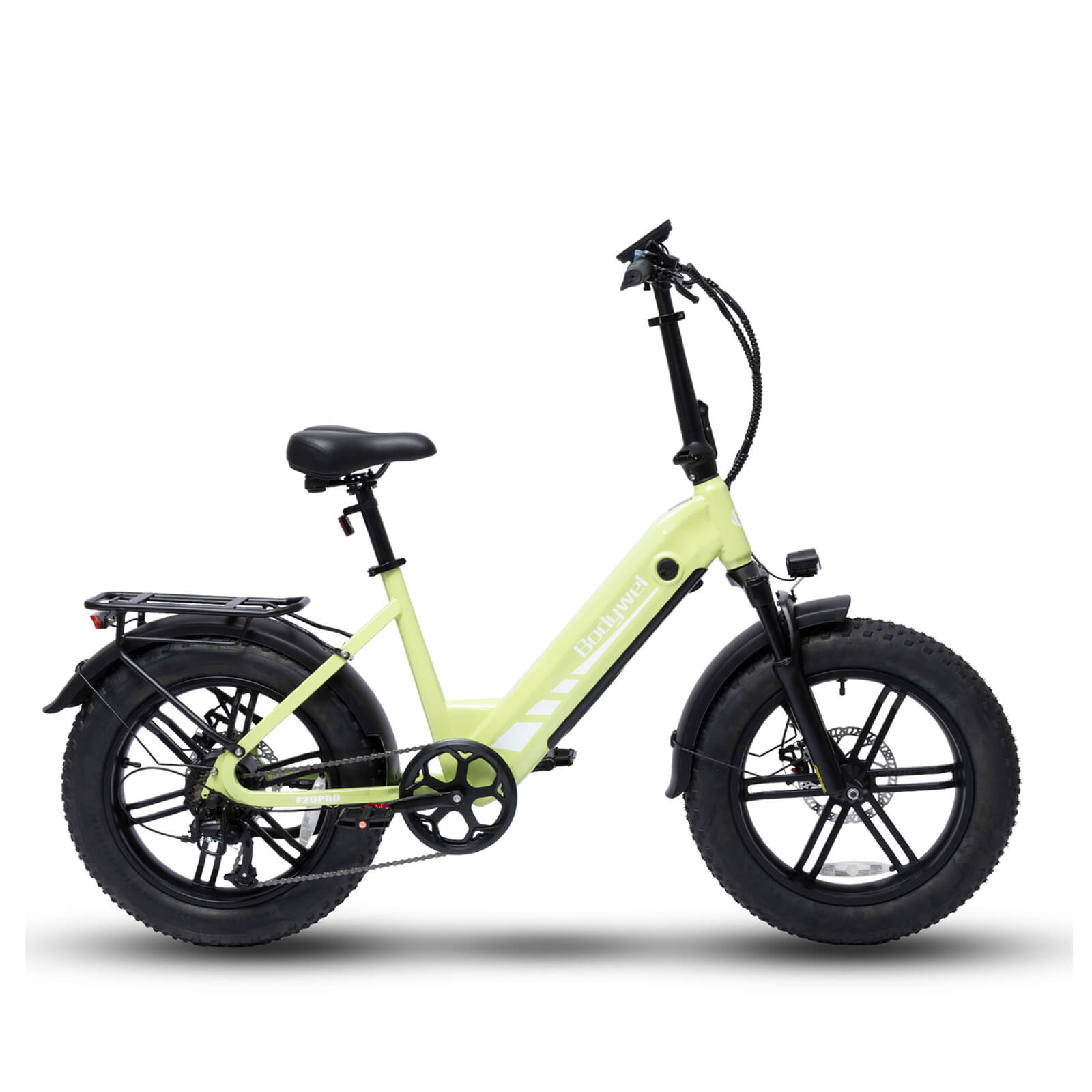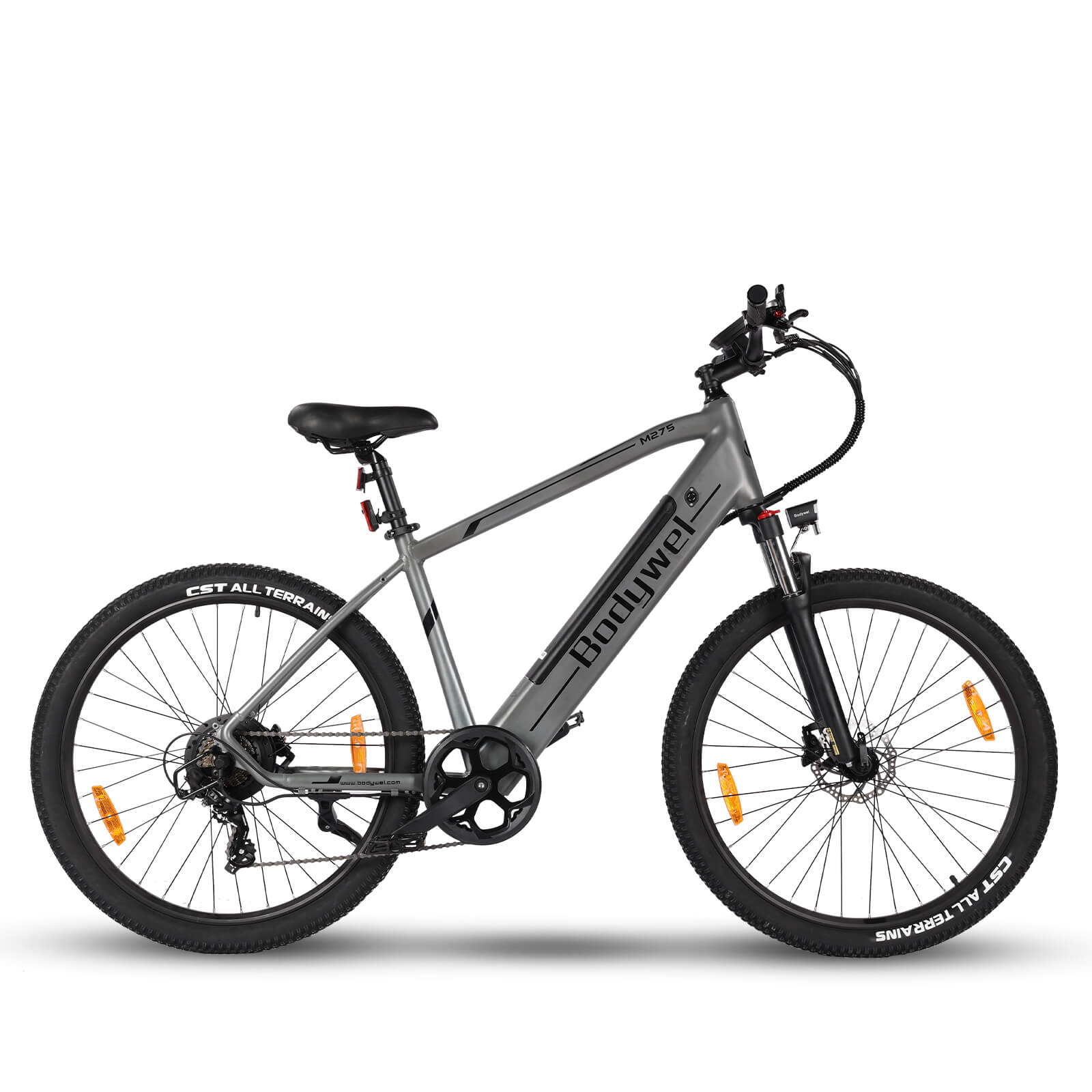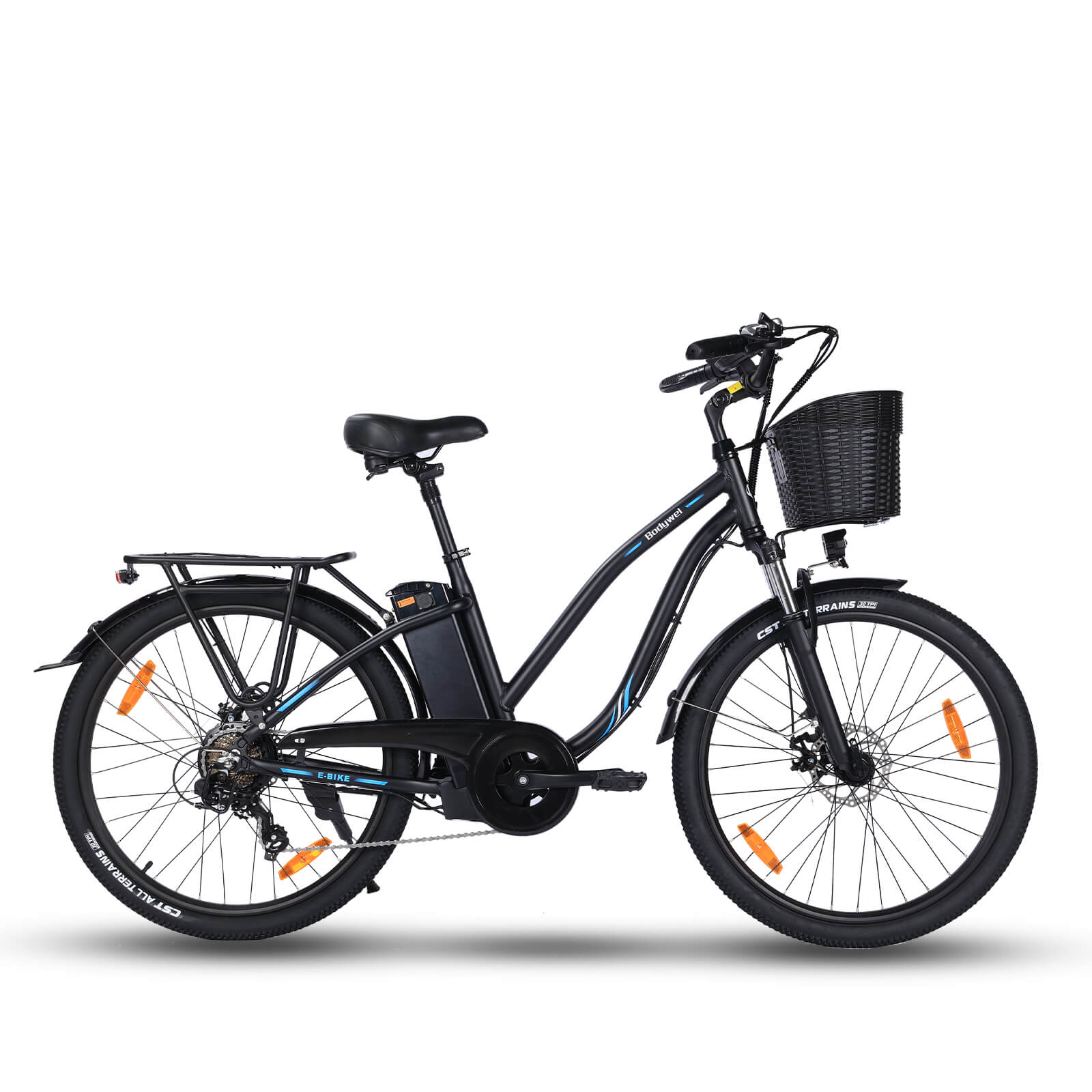5 Essential Tips for Choosing the Best Batteries for E-Bikes

Selecting the right battery for your e-bike is crucial for performance, range, and longevity. This guide covers five essential factors—capacity, chemistry, weight, charging cycles, and compatibility—to help riders make informed decisions for optimal cycling experiences.
Prioritize Battery Capacity (Wh) for Range
Watt-hour (Wh) rating directly determines how far your electric bicycle can travel per charge. Higher-capacity lithium-ion batteries extend range but may increase cost and weight. For example, a 500Wh pack typically supports 40-70 miles, depending on terrain and assist level. Riders planning long-distance tours should prioritize capacity, while urban commuters may opt for lighter options.
Understand Battery Chemistry Types
Three dominant chemistries power modern e-bike energy storage systems: Lithium-ion (Li-ion), Lithium Iron Phosphate (LiFePO4), and Nickel-Metal Hydride (NiMH). Li-ion strikes the best balance between energy density and affordability, whereas LiFePO4 offers superior thermal stability for extreme conditions. NiMH, though fading from the market, remains in some legacy models. Consult manufacturers for chemistry-specific maintenance protocols.
Balance Weight and Performance
A high-capacity battery can weigh over 7-9 lbs, affecting handling and center of gravity. Lightweight batteries enhance maneuverability for mountain e-bikes, while cargo models may tolerate heavier packs. Consider frame-mounted designs for better weight distribution. Improper weight allocation can strain the drivetrain.
Evaluate Charging Cycles and Lifespan
Premium e-bike power sources deliver 800-1,200 full charge cycles before capacity degrades to 80%. Avoid frequent deep discharges and extreme temperatures to prolong service life. Smart chargers with automatic cutoff functions help maintain cell health. Budget batteries often compromise cycle longevity—a critical factor for daily riders.
Ensure Motor and System Compatibility
Voltage and connector types must match your e-bike's drive system. Mid-drive motors typically require proprietary battery interfaces. Hub motor systems often accommodate third-party options. Always verify controller specifications; mismatched voltage can damage electronics. Some manufacturers provide online compatibility tools to assist with selection.
By methodically assessing these five dimensions—capacity, chemistry, weight, durability, and integration—cyclists can optimize their investment. Quality batteries represent a significant portion of an e-bike's total cost, making informed selection paramount for both recreational and utilitarian riders.
- Tags: batteries for e bikes e-bike batteries high-performance e-bike batteries lithium e-bike batteries long-lasting e-bike batteries
0 comments




